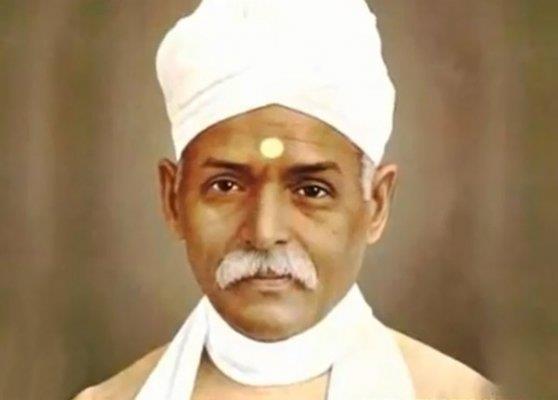Madan Mohan Malaviya was one of the leading figures of India's independence movement. He was a freedom fighter, educator, and statesman who dedicated his life to the cause of India's freedom.
Malaviya was born in December 1861 in Prayagraj, Uttar Pradesh. He was an exemplary student, and early on developed a deep-rooted passion for knowledge, literature, philosophy, and freedom. His academic achievements include a Masters's Degree in Law from Allahabad University, as well as a Doctoral Degree from Calcutta University.
Malaviya's first major contribution to India's independence was his role in the Non-Cooperation Movement of 1920-22. He was a prominent leader in the movement and helped to organize and lead the civil disobedience campaign against British rule. He also wrote extensively on the struggle for freedom and the need to boycott foreign goods.

Malaviya was also a major voice for Hindu-Muslim unity during India's independence movement. He was a strong advocate for Hindu-Muslim unity in the struggle for freedom, and he was instrumental in forming organizations like the All India Hindu Mahasabha and the All India Muslim League to bring the two communities together.
Malaviya was also a key leader in the civil disobedience movement against British rule. He was a leader in the Salt March of 1930 and was one of the few prominent leaders who was arrested and sent to jail for his involvement in the movement.
Malaviya was also a staunch supporter of the Indian National Congress. He was a prominent leader in Congress and served as its president from 1909 to 1918. He was a major force behind the adoption of the Indian National Flag in 1931.
Throughout his life, Malaviya worked tirelessly to bring education and freedom to India. He was one of the founders of the Banaras Hindu University (BHU) in 1916 and remained its chancellor until his death in 1946. He was also a strong advocate of female education and was instrumental in establishing several educational institutions for women in India.
In addition to his contribution to India's independence, Malaviya was also a great humanitarian. He was a strong proponent of Hindu-Muslim unity and worked diligently to improve the lives of the poor and the oppressed. His humanitarian work was recognized by the British Government which awarded him the Kaisar-i-Hind medal in 1915.
Madan Mohan Malaviya's contributions to India's independence and humanitarian work have made him one of the greatest Indian leaders of all time. He will be remembered for his tireless dedication to the cause of freedom and for his humanitarian efforts. His legacy will continue to inspire generations to come.